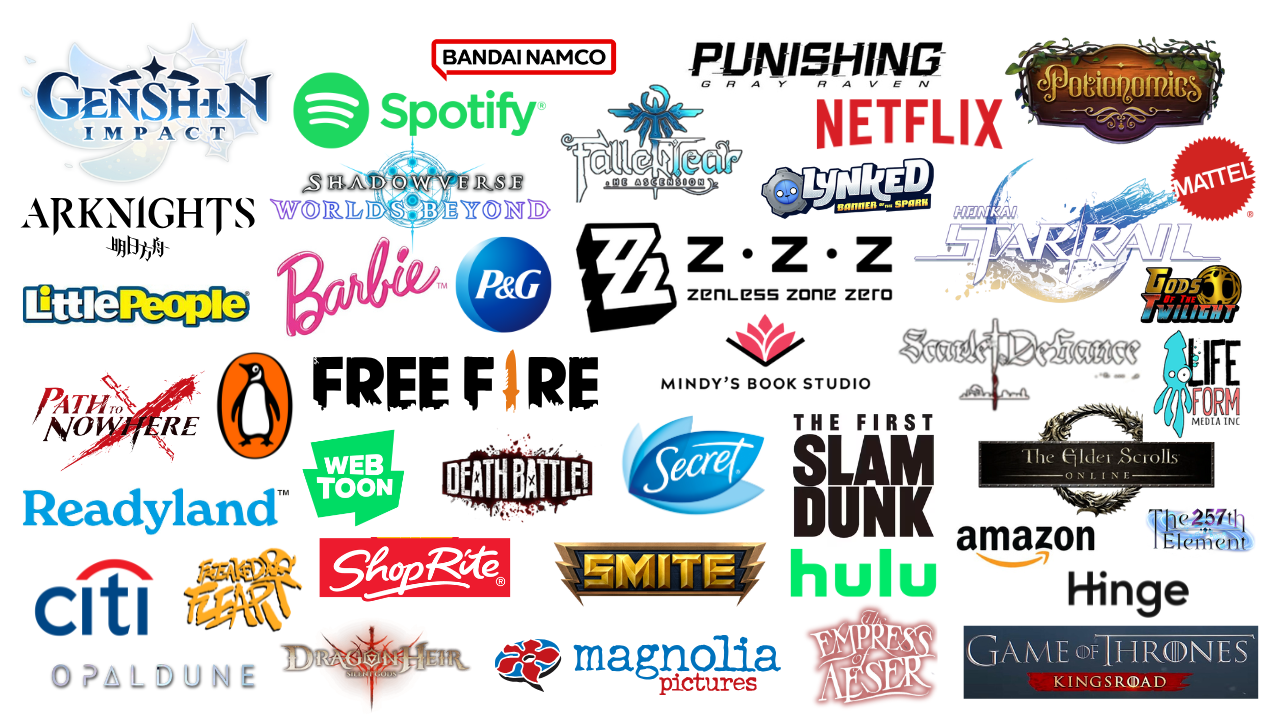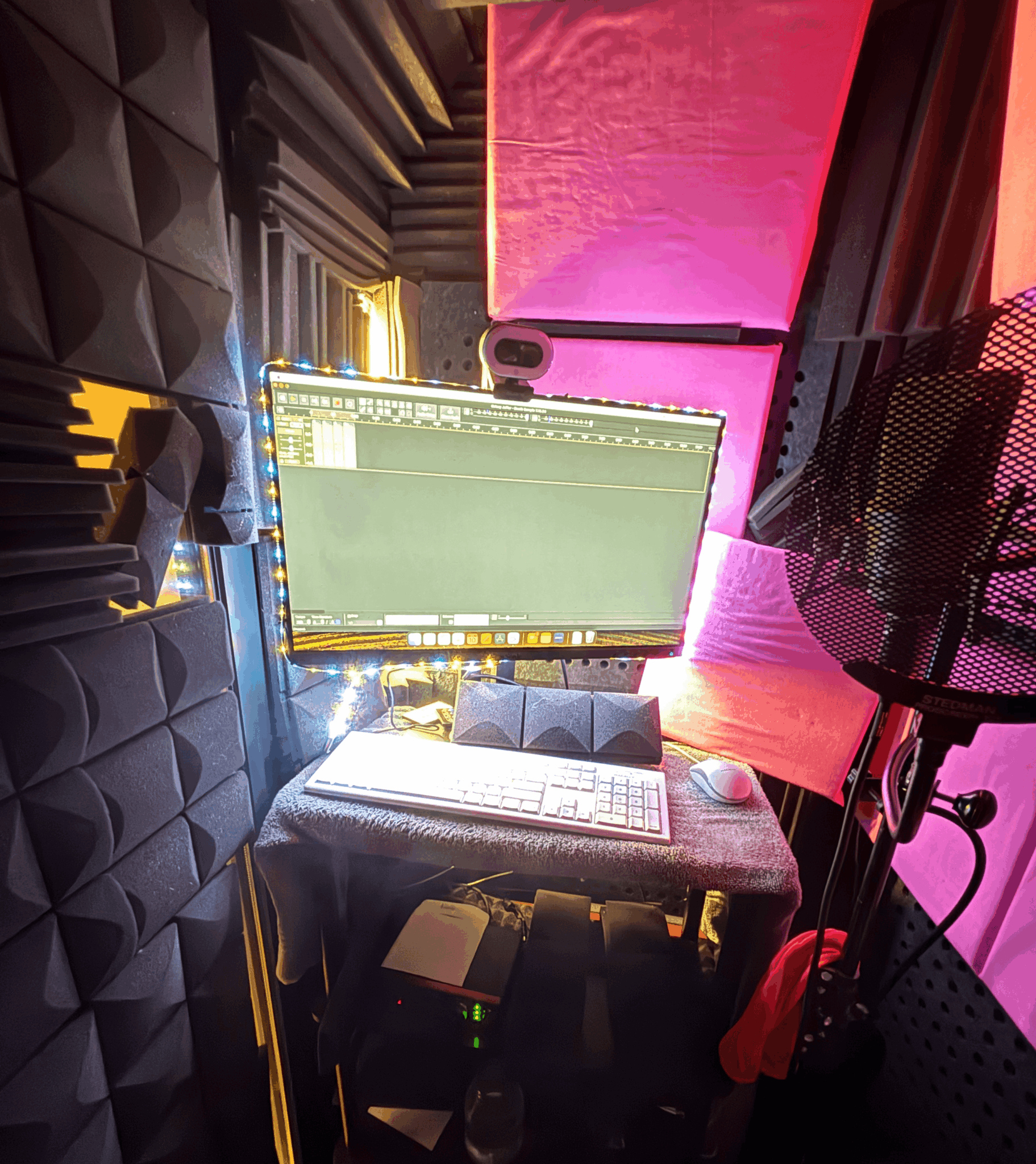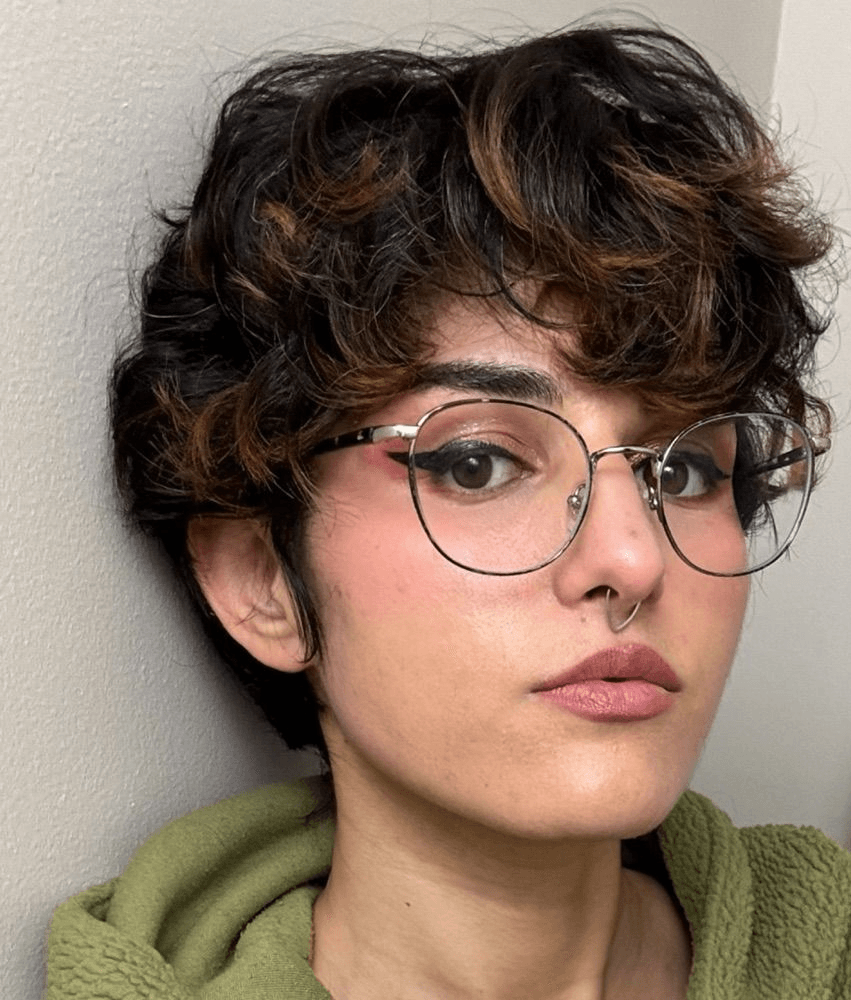Alright – so today we’ve got the honor of introducing you to Kelsey Jaffer. We think you’ll enjoy our conversation, we’ve shared it below.
Hi Kelsey, thanks for joining us today. Are you happy as a creative professional? Do you sometimes wonder what it would be like to work for someone else?
I realized how happy I am as a full time creative, oddly enough, while I was complaining about work-related problems to my partner. I realized that, even then, airing grievances, I felt more fulfilled and at peace than during my happiest times in other career fields.

Kelsey, love having you share your insights with us. Before we ask you more questions, maybe you can take a moment to introduce yourself to our readers who might have missed our earlier conversations?
I’m a voice actor, primarily!
I’d always done theatre since I was a child. I also benefitted from growing up around my mom and aunt, who both did community theatre constantly when I was a child. I was super inspired by going with them after school to rehearsals, sitting in the auditorium watching them work while I did my math homework, etc.
I was fascinated by accents and cartoon voice work and was always interested in voice acting, but for some reason assumed “That’s work that other people do. I’ll never have the opportunity to do that.”
I continued to do theatre, choir, and voice lessons all through high school, and then earned a BA in Theatre and a BM in Vocal Performance.
Right out of college, I did professional theatre, indie films and commercials in Chicago, but pivoted to voiceover when Covid hit and my on-camera acting teacher Max Arciniega recommended I take a virtual Intro to Video Game Voiceover class hosted by his friend Nicolas Roye. I loved it and felt right at home doing it, and he recommended me to *his* friends’ virtual VO school, Sound On Studio. It honestly all just snowballed from there!
Even in my theatrical and on-camera pursuits, I’d always felt limited by my physical appearance (you can only read for “abuse victim #2” on Chicago PD for so long before it gets to you) and hoped to be part of more fantastical things. Voice acting was that for me. I thrive in environments where I can read an audition blurb about a character who is nothing like me, but then have the opportunity to step into their shoes anyway. It’s a challenge and a joy, and I pride myself on being able to successfully “try on the soul” of a wide variety of characters, both vocally and from an acting perspective.
I also flail around in the booth like a Muppet–old theatre physicality habits die hard!

What’s a lesson you had to unlearn and what’s the backstory?
The biggest lesson I had to unlearn is “In order to succeed, you can’t be yourself. You have to fit what the casting director is looking for to a T.”
When I did theatre in high school and college, I honestly wasn’t cast very often. It’s hard to blame any one factor in a field defined by chance, but if I were to, I’d blame my environment and (mostly) myself.
Competitive theatre programs are often rife with favoritism; that’s a fact, and an unfair system doesn’t speak negatively on the ability of any one actor. But when I was younger, less experienced, and far more insecure, I absolutely thought that it did. I began to second guess everything I did, and instead of *acting*, I formed a habit of *striving*–overthinking everything I did, not trusting my own instincts and abilities, and meeting every learning opportunity with anxiety and preconceived notions. Zen? I didn’t know her. I didn’t learn much during this time, instead mostly trying to force myself to be whatever I thought casting directors and my peers wanted. In my mind, I didn’t have whatever it was they wanted, and I never could–but I could try to fake it.
I began breaking this internal wall down when I started taking on-camera and Demidov acting classes after college, but I was really able to lay the final blow to it after a few years of voice acting. I realized two important things: 1) My instincts and abilities aren’t “wrong;” they are simply unique to me, and that uniqueness is an asset to be utilized. 2) Audition specs/scripts aren’t a fully-formed “Bible” of exactly what casting expects; they’re a skeleton that requires me to give them flesh and bring them to life.
This might be cheesy, but though acting on the surface appears to be pretending to be someone else, at its core it really is all about being yourself.*
*With the proper training and experience to know how to *effectively channel* being yourself. :)

Looking back, are there any resources you wish you knew about earlier in your creative journey?
YES.
Though the voice acting community is definitely the kindest and most open acting community I’ve had the pleasure of being part of, there’s still some level of resource gatekeeping. When I first started out, everyone was always talking about the importance of networking, but I had no idea how to begin to start doing that.
For me, It ultimately came down to: Take expensive online class. Keep in touch with classmates. Send your materials to the instructor if they give out their contact information. Follow and engage with everyone on social media. Rinse, repeat.
It is absolutely necessary to take classes, but they can sometimes be prohibitively expensive. For a while, I was under the impression that taking two $150 classes per month was necessary to keep up with my peers.
But! That’s not even close to all there is.
There’s Voice Acting Club and Casting Call Club, both of which are free to join, and which host free and low-cost online classes or group workouts. Voice actors can audition for indie projects there, which can help them build experience, a network, and a resume. There are also lots of posts and newsletters with tips on both websites!
Following indie creators and studios who host public casting calls on social media (such as No Studio In Particular) can also help actors get their feet(?) in the door with industry pros and fill out their resume before they pursue agency representation.
Skillshub For Actors is another great website. Membership is $20/month, but with that, members receive informational newsletters, have access to free group workshops and vocal workouts, and can directly book one-on-one coaching sessions with high industry pros (pros’ rates for these coaching sessions may vary).
All of this aside, don’t be afraid to ask your VO friends for help or advice. True friends are perhaps your greatest resource, and I regret not leaning on them more when I was starting out.
Contact Info:
- Website: https://www.kelseyjaffer.com/voiceover
- Instagram: https://www.instagram.com/kelat0nin/
- Twitter: https://x.com/kelatonin
- Youtube: https://www.youtube.com/channel/UC1dvB-Dzq5rgHNwvk1vbkIA
- Other: Bluesky: https://bsky.app/profile/kelatonin.bsky.social
Twitch: https://www.twitch.tv/kelatonin



